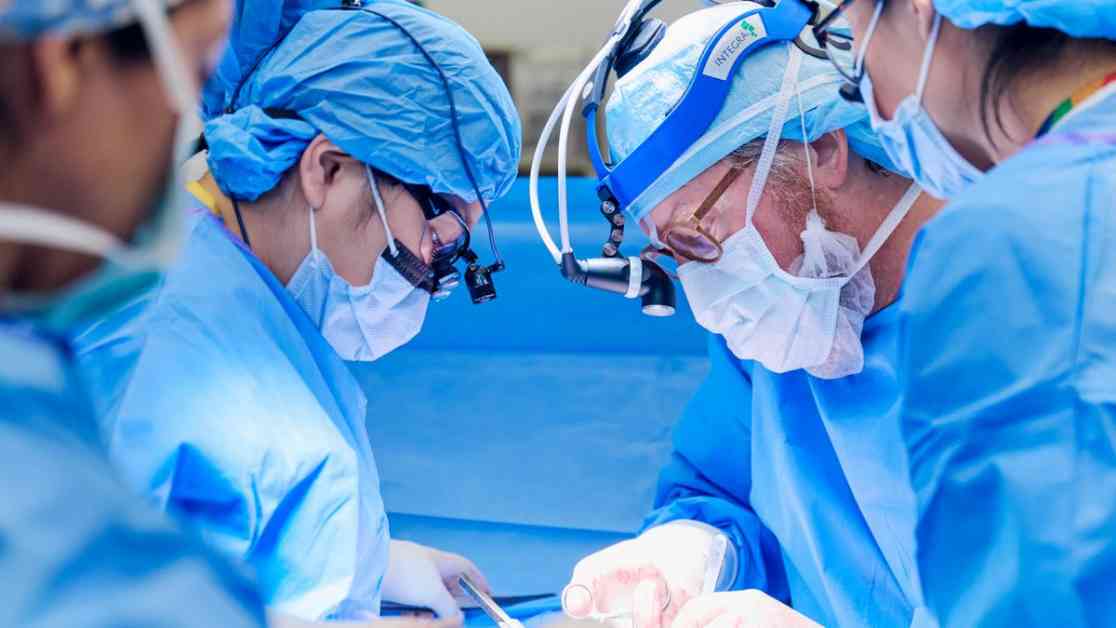Alabama Woman Receives Rare Pig Kidney Transplant
In a groundbreaking medical procedure, Towana Looney, a 53-year-old woman from Alabama, recently became the third living person to receive a pig kidney transplant at NYU Langone Health in New York City. The surgery, performed by Dr. Robert Montgomery and Dr. Kryscilla Yang, involved a gene-edited pig kidney and marked a significant milestone in the field of organ transplantation.
A Personal Journey of Resilience
Looney’s medical journey began in 1999 when she selflessly donated a kidney to her mother. However, complications arose after she developed high blood pressure due to preeclampsia during a subsequent pregnancy, leading to chronic kidney disease and the need for dialysis in 2016. Despite being on the transplant list since 2017, finding a suitable kidney match proved challenging due to Looney’s sensitization to various tissue types.
As a previous kidney donor, Looney was given higher priority for a transplant, but her unique immune system made finding a compatible donor nearly impossible. Dr. Montgomery described the search for a kidney match as seeking a “1-in-a-million match,” underscoring the complexity of Looney’s case.
A Hopeful Future with Gene-Edited Organs
Faced with limited options, Looney opted for an experimental procedure to receive a gene-edited pig kidney. The kidney, developed by Revivicor Inc., featured 10 gene edits to enhance compatibility with the human body, a significant advancement from previous pig-to-human transplants.
Following the successful transplantation, Looney reported feeling energized and grateful for the opportunity to regain her health. Dr. Jayme Locke, a transplant surgeon involved in the procedure, noted that the gene-edited kidney performed similarly to a kidney from a living donor, highlighting its potential as a viable alternative for patients in need of organ transplants.
Pioneering Progress in Transplant Medicine
Looney’s case exemplifies the innovative strides being made in organ transplantation, particularly in the realm of gene editing and animal-to-human transplants. The success of her procedure offers hope to individuals on dialysis and underscores the potential for gene-edited organs to revolutionize the field of transplant medicine.
As Looney embarks on her recovery journey, she serves as a beacon of hope for those facing similar challenges, proving that perseverance and cutting-edge medical interventions can pave the way for a brighter, healthier future. Through her experience, she reminds us that there is always hope, even in the face of daunting medical obstacles.
In conclusion, Towana Looney’s story exemplifies the resilience of the human spirit and the boundless possibilities of medical innovation in transforming lives. Her journey serves as a testament to the power of perseverance and the unwavering pursuit of a better tomorrow in the realm of organ transplantation.




